
So, you have a co-worker or even a significant other who you think might enjoy mountain biking. Great! It’s always fun to share your passion with another person, but the thing is, taking someone mountain biking for the first time is surprisingly easy to screw up. So, before you invite your next victim–ahem, recruit–take a minute to brush up on these tips.
[see_also id=’225773′]
Make Sure the Bike Is Right
You like the person you’re inviting to go mountain biking with you, right? Of course you do. So don’t saddle the newb with a bike that even you don’t choose to ride on a regular basis. That means if you have an old “loaner” bike, you should ride that one while your friend rides your wonder rig. That’s just manners.
And if none of the bikes you own are quite the right size for your guest, find another bike. Seriously, if you want this person to ever ride with you again, make sure they’re comfortable on the bike you provide. I recently made this mistake when taking our summer intern on a ride at The Mill in Woodstock.
I’m not sure how tall Neeraj is, but I figured he’s about my height, though not quite as tall. So, I loaned him my Santa Cruz Tallboy with its decent standover height and plus wheel conversion. Unfortunately the bike was too big for him and it was clear he was pretty uncomfortable for the whole ride. Not only that, the standover actually wasn’t quite enough for him–ouch!
If you don’t own a bike that is appropriate for your guest, be a good friend and track down an appropriate loaner. Leaving bike selection to your friend isn’t a good idea either; chances are he or she will just borrow their brother in law’s bike, which is actually a rusty Next purchased back in college. Call up your friends and see if you can borrow one of their bikes, or as a last resort, see if your friend can rent a decent bike from a local bike shop.
Once you have a bike identified, give it a good once-over and make sure it’s in working order. Remember, if something breaks out on the trail, you’re the one who has to fix it. Plus, a broken or unsafe bike can really ruin the experience for someone on their first ride.
Finally, be sure to explain how the bike works in simple terms. Make sure your friend knows how to operate brake levers and has a general understanding of shifting. You probably don’t need to explain how the dropper post works (have your friend leave it in one spot the whole ride) and he or she can probably get away with just shifting the rear derailleur once you set the correct chainring up front.
Handle the Logistics
Going for a mountain bike ride may seem like no big deal to a regular rider, but to a newb, it can feel like planning for a major invasion. Try to take care of as many details as possible yourself, and clearly communicate what your friend needs to bring.
I suggest having your guest meet you at your house so you can carpool to the trail together. Most virgin riders don’t have a good way to transport a bike, plus the drive will give you a good opportunity to talk about what to expect (see below). Bring full water bottles, an extra helmet, trail snacks, and a first aid kit. Also, don’t forget to swap out clipless pedals on the loaner bike for flats.
Your friend, on the other hand, should only need to show up wearing comfortable clothes and an appropriate pair of shoes. Some new riders might like to wear a pair of gloves, which you can provide, or they can use almost any pair of gloves they already own. You might want to suggest sunglasses, but these can also be optional.
Set Expectations
Even before your guest shows up for the ride, start setting expectations. At a minimum, communicate the following:
- Start and end times. Let your friend know to arrive at your house on time, and also let them know when you expect to have them back at their vehicle.
- Ride length. Simply stating mileage isn’t enough–be sure to provide an estimate for the amount of time they will be on the bike.
- Dress code. Again, encourage your friend to dress comfortably in athletic clothing if they have it, and to dress for the weather.
- Safety information. Mountain biking can be a dangerous sport, and it’s important to make sure your friend understands that up front. Don’t scare the newb, but also be honest about the risks involved, and talk about ways those risks can be reduced.
In addition, address any specific concerns your friend might have about the ride. Assure him or her that you won’t leave them alone on the trail, and that it’s OK if they’re slow or if they want to go back early.
Of course the key to any assurances you give your friend is that you actually follow through on your promises. This is where it’s important to also set your own expectations for the ride. Don’t go into this ride hoping to get in a good workout or to set a new PR. Heck, ride behind your friend if you can so there’s no chance of losing them on the trail. Try to see the trail through their eyes so you can anticipate any potential problems. Offer encouragement, but don’t overdo it–most people can see through false praise pretty easily.
Choose the Right Trail
If you’re a regular mountain biker, you probably have a good feel for all the trails in your local area. Choose what you think is an easy trail, then see if you can find an even easier one. Seriously, I can’t count the number of times I’ve taken someone on a trail I thought would be easy, only to realize how not-easy the trail actually is for a first-time rider. As soon as you hit the trail with your friend, you’ll notice just how narrow the trail is and how many roots and rocks are out there.
Pick a trail with as little climbing as possible; that means the climbs need to be both short and gradual. Trail systems with multiple bailout points are ideal, especially if the trail never gets too far away from the parking lot. If you can find a fairly wide, smooth trail–maybe even a trail you don’t quite consider to be singletrack–your friend will probably thank you. For a potential challenge, try adding on distance if your friend is feeling good, but again, remember to stick close to the parking lot in case your partner unexpectedly hits the wall. Accomplishing a stretch goal can leave your guest with a good feeling, but it’s important to know when to push, and when to turn around.
I chose The Mill for Neeraj’s first MTB ride because the trails are smooth, wide flow trails, and even moderately technical sections offer clear ride-arounds. It turned out some of the climbs, while short and rarely steep, were still a bit of a challenge for Neeraj.
Don’t Forget to Socialize
Even regular mountain bikers agree: one of the best parts of mountain biking is enjoying a cold beer after the ride with friends, or hitting up the local Mexican restaurant to gorge on chips and burritos. Be sure to build social time into your ride plans, and use that time to relive the ride while sharing good food and drink. The after-ride meal might be the most memorable part of the ride for your friend, so leave them with a good taste in their mouth!
Your turn: What else do you do to make first rides a good experience? Do you have any horror stories about first rides gone wrong?
[see_also id=’195370′]






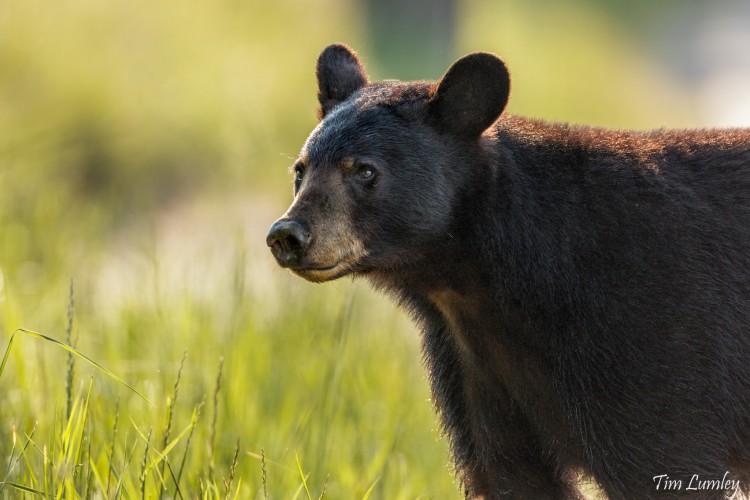

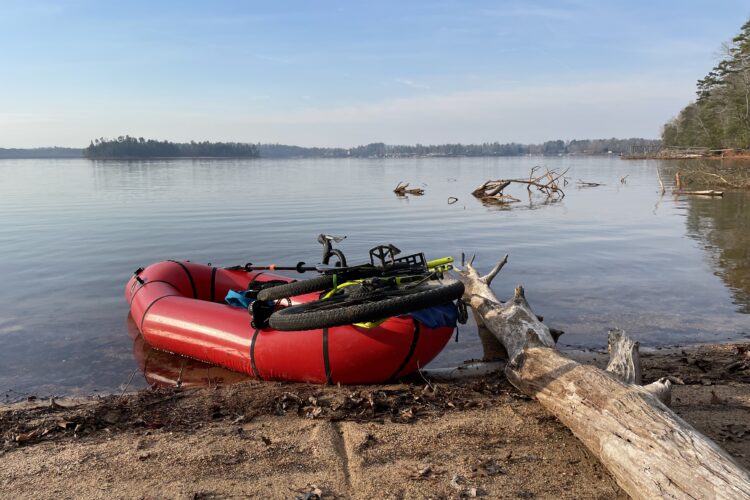
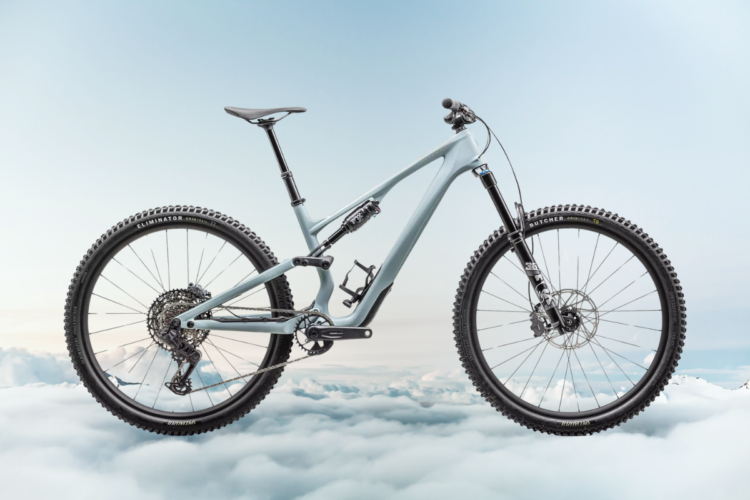

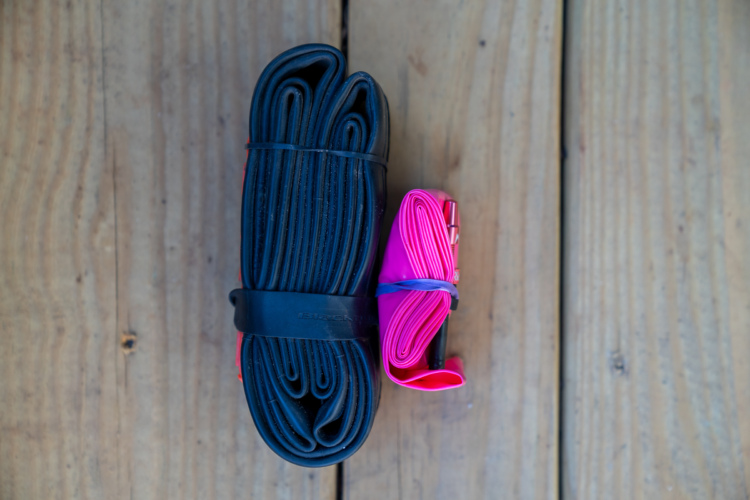
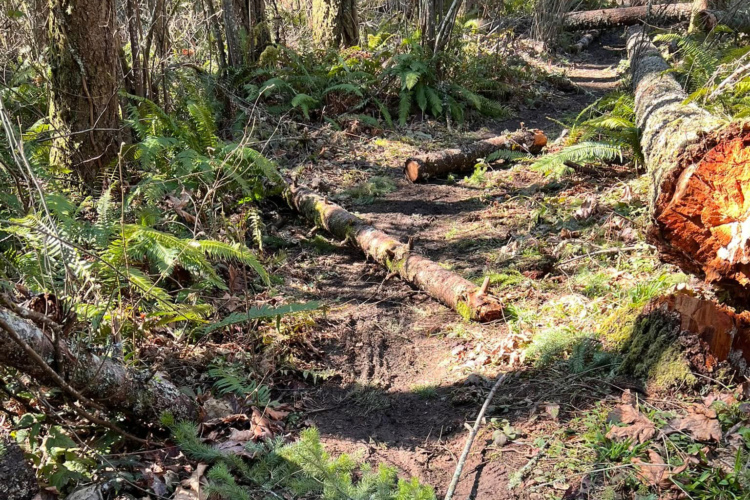

2 Comments
Jan 30, 2017
Feb 2, 2017